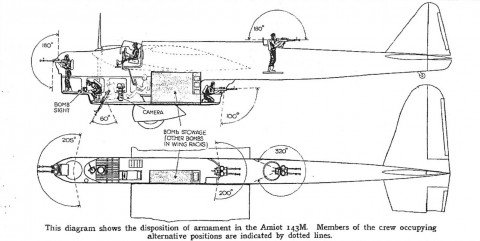So how can we find out the identity of the mysterious Señor Alvares? The press is no help; I’ve checked British Newspaper Archive, Gale NewsVault, Chronicling America, Gallica, and Trove. The aeronautical press is no better, since 1904 is before Flight or Aeroplane. All I can find is that he was a Brazilian called Alvares, that he had been successfully experimenting with gliders in his native country for 18 years (which, of course, might not have been very true), and that presumably — since he funded the construction of an experimental aeroplane – that either he was a person of some means, or he had wealthy backers.
But there is another source which is particularly useful for early aviation pioneers, particularly those involved in aircraft development (which, at this stage, they pretty much had to be). That is to look at patents. Historical patents are a suprisingly big deal: many national patent registries have been digitised, and there’s even a Google patent search engine. But for our purposes a good place to start is Inventing Aviation, a wiki built by Peter B. Meyer, Leo Zimmermann and John Russell Herbert which is based around early (from 1793 to 1916, mostly) aviation patents and associated metadata.
Currently, Inventing Aviation includes information on over 1100 people, including 316 from France, 292 from the United States, 250 from Britain and (…) 6 from Brazil.((Actually the precise number varies depending on how you navigate the wiki, but only by 1 or 2.)) One of these is, of course, Alberto Santos-Dumont, but another is Tancrède Alvarès d’Azevedo Macedo, which is the gallicised form of (I think) Tancredo Alvares de Azevedo Macedo.((I’ve found him in a Portuguese-language primary source using that spelling.)) According to a genealogical site, he was born in 1865 and, as of 1901, lived in Paris, which about fits the details we have. Inventing Aviation credits him with three patents, all filed in France, in 1899, 1911 and 1912; the latter two having to do with a a ‘Parachute or safety stabilizer for airplanes’, and the former, more interesting one concerning ‘Improvements for aerial navigation’. That could mean anything, and unfortunately the original patent is not available. Another problem is that I don’t know if he would have been known as Alvares; Portuguese naming conventions are complex (compared with English) and it seems like Macedo would have been used formally. But then we largely have only accounts by anglophone journalists to go on, and their knowledge of Portuguese might not have been any better than mine. (It should be ‘senhor‘ in the title of these posts, not ‘señor‘, which is what I get for trying to be clever.)
But there’s another Alvares in Inventing Aviation: Silvio de Alvares Penteado, who filed a patent in France in 1909 for an ‘Aircraft system with variable power lift’. Inventing Aviation gives his nationality as French, but according to a Brazilian historical dictionary he was born in Brazil, spent most of his life there, and indeed seems to have been a figure in Brazilian public life. In terms of aviation, he is credited with the first ‘balão esférico’ (spherical balloon) ascent in Brazil, in 1905, as well as being an early motorist. He was evidently born into a wealthy industrialist family, and educated in Britain at the Manchester Municipal Technical School and Owens College (both of which eventually became part of the University of Manchester). So he seems like he might be a good fit, too, perhaps even better than Macedo – except for his age: he was born in 1881, so in 1904 can hardly have had 18 years of gliding experience behind him. But perhaps that was a journalist’s error. I’ve searched for more clues but can’t choose between them; one or both show up in the Aeronautical Journal and in L’Aerophile, for example, but not in any way that helps.
So, in the end we’re left with one flying machine, no pilot, two possible Brazilian inventors, and a family of British constructors. I am always surprised by the seriousness with which early aviators pursued the dream of flight. (See N. R. Gordon in Australia in 1894, for one.) They might not have had much chance of actually making a powered, controlled flight — I don’t think the Alvares machine did, despite the interestingly empirical approach — but they behaved as if they did. Unfortunately, perseverance alone was not enough to solve a complex technological problem like flying, as the Wrights had already shown.
![]() This work is licensed under a Creative Commons Attribution-NonCommercial-NoDerivatives 4.0 International License.
Permissions beyond the scope of this license may be available at http://airminded.org/copyright/.
This work is licensed under a Creative Commons Attribution-NonCommercial-NoDerivatives 4.0 International License.
Permissions beyond the scope of this license may be available at http://airminded.org/copyright/.




